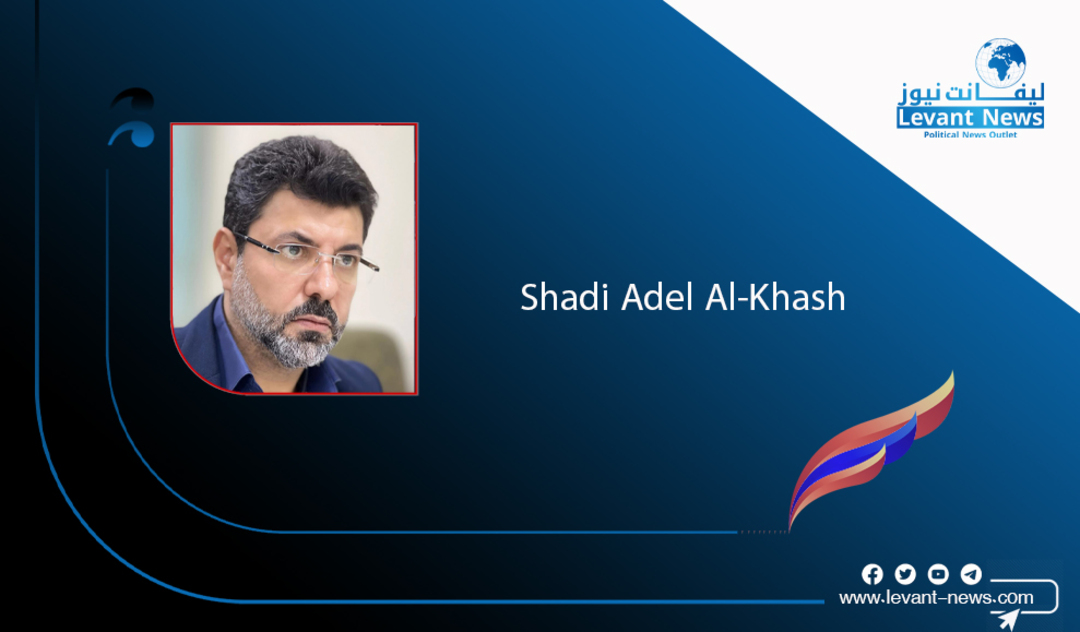-
Unity of Diversity or the Specter of Fragmentation?

In a decisive moment in our Syrian history, where the effects of war and tyranny clash with hopes for national salvation, we find ourselves faced with an existential question that concerns not just one component but affects us all:
How do we protect Syria, with all its nationalities, religions, sects, and ethnicities, from falling into the trap of fragmentation and perpetual conflicts?
This issue is not just about Arabs, nor just about Kurds, nor Assyrians, or Armenians, or Turkmen, or Circassians, or Druze, or Alawites, or Christians, or Muslims, or Yazidis...
It is our collective issue.
It is the issue of a homeland that is almost tearing apart under the weight of partial projects and fragmented dreams.
From here, any discussion about justice and citizenship, any debate about decentralization or national or cultural rights, must be a public, national, and honest dialogue that addresses the pain of all Syrians, not the project of one faction or the concerns of a group.
In this context, the "Common Kurdish Vision" issued by the "Kurdish Unity Conference" comes forward.
This document proposes many principles that we warmly welcome:
Building a democratic, civil, pluralistic Syria based on equal citizenship; protecting religious and cultural freedoms; committing to international charters; establishing a parliamentary multi-party system; adopting administrative decentralization; ensuring the rights of women and children; recovering looted artifacts; securing the return of the displaced to their homes; and drafting an inclusive democratic constitution.
These principles represent the foundation for any new national project looking for true salvation from the tragedies of the past.
However, a careful reading of the document reveals some points that require a sincere and responsible pause to protect the unity of Syria and its national identity.
Among these points:
The document uses the term "Rojava" (West Kurdistan) to describe the Kurdish regions in northern and northeastern Syria.
This term was not present in Syrian or even traditional Kurdish documents before 2012.
The use of this specific geopolitical concept opens the door to legitimate national sensitivities, as it implies a vision separate from the collective Syrian framework.
We need to be clear:
There is no future for Syria if we replace national borders with new ethnic ones.
The Syrian Jazira:
Al-Hasakah, Qamishli, Ras al-Ayn, Tal Abyad, Ain Arab...
All of these have been, and remain, home to multiple peoples: Arabs, Kurds, Syriacs, Assyrians, Armenians, and others.
The Jazira has witnessed significant waves of Kurdish migration since the 1920s and 1930s, especially after the suppression of the Sheikh Said Piran (1925) and Ararat (1927-1930) revolts in Turkey, which added a new dimension to this diversity.
History cannot be rewritten by wishing.
Syria has never been devoid of diversity.
Any attempt to reduce geography or history to a single identity is a double injustice to everyone.
The Exceptional Census of 1962:
The census conducted in the Al-Hasakah Governorate in 1962, during the government of Khalid Al-Azm, was the result of the state's efforts to control the flow of unregulated population influx, not a racist conspiracy against the Kurds.
Yes, its results were painful for many Kurdish families, and this injustice must be corrected.
However, correction does not mean distorting facts or exploiting grievances to legitimize division projects.
The document speaks of the "Arab Belt" project proposed by Salah Jadid in the mid-1960s.
While it is true that the project’s intentions were largely political, it remained a theoretical project more than a comprehensive material reality.
What was actually implemented was housing Arab families affected by the construction of the Euphrates Dam on public lands in the Jazira, without forced collective displacement of Kurds as some narratives promote.
Historical fairness requires us to tell the whole story, without omission or exaggeration.
Administrative Division Based on Ethnicity:
One of the most dangerous proposals in the Kurdish document is the reconsideration of administrative divisions based on ethnicity.
Any separation of Syrian regions along ethnic or sectarian lines is an open invitation to fragment the state and turn it into a mosaic of perpetual conflict.
There is no future for Syria except through fair administrative and developmental division that takes into account real needs, not ethnicities and identities.
The Constitution: A Guarantee for Everyone, Not Just One Group
Establishing supra-constitutional principles that pertain to a specific component undermines the principle of equality.
We need a comprehensive national constitution that guarantees the rights of all Syrians without exception in their political, cultural, religious, and social rights.
A Call for Dialogue to Build a New Syrian Social Contract
The historical moment we live in today, with all its dangers and hopes, compels us to embody complete courage.
We must acknowledge each other’s pain, confront our fears together, and open a comprehensive national dialogue, not imposed by the victor, nor by victimhood, but demanded by the will to build one homeland for all its children.
A dialogue that re-establishes the Syrian national contract on the foundations of justice, freedom, dignity, and equal citizenship.
Syria will only be built with all its children,
And Syria will only remain if it belongs to all Syrians.
Levant: Shadi Adel Al-Khash
You May Also Like
Popular Posts
Caricature
opinion
Report
ads
Newsletter
Subscribe to our mailing list to get the new updates!





















